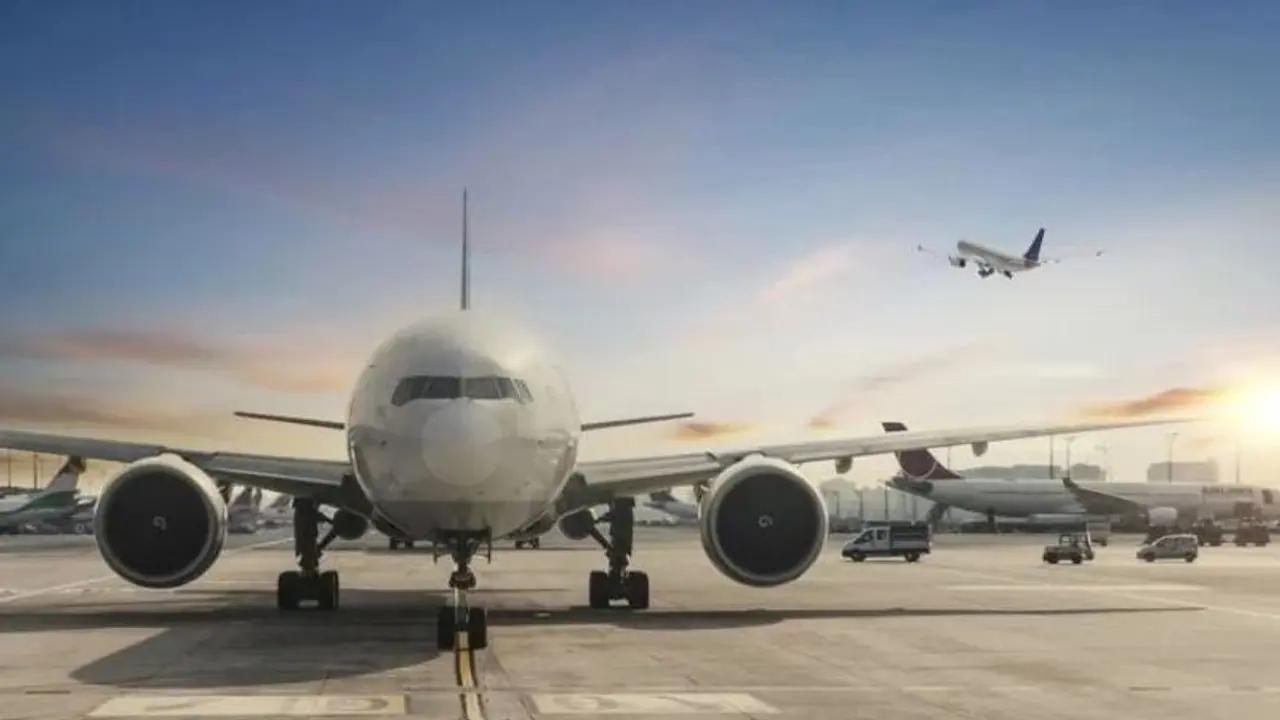Prime Minister Scott Morrison, speaking to reporters after a meeting of the National Cabinet, said that he would announce in the next 24 hours when the new restrictions would come into place.
Australia will reduce the number of flights arriving from India due to the growing wave of Covid-19 cases in the world’s second-most populous country.

Australian Prime Minister Scott Morrison said on Thursday he had agreed with state and territory leaders that the numbers of Australian citizens and permanent residents returning in chartered flights would be reduced by 30%.
"We're in the middle of a global pandemic that is raging. And Australia has been successful throughout this pandemic ... to have very effective border arrangements," Prime Minister Scott Morrison said. "There will continue to be the opportunity for those to return from places like India but in very controlled circumstances."
Australia currently allows about 5,800 citizens or permanent residents to enter its territory each week before quarantining for two weeks in hotels. It is not clear how many of these are typically from India each week.
In a massive surge of new virus cases, India registered a record number of new daily infections for anywhere in the world on Thursday, eclipsing even the United States at the height of its pandemic last year.
Australian authorities were calculating what other countries should join India on a list of high-risk nations requiring added travel restrictions. Australians are only allowed to leave the country for a few exceptional reasons.
The restrictions would become even tighter for Australians who want to travel to high-risk countries in a bid to prevent them returning home with the coronavirus.
Australia closed its borders to non-citizens and permanent residents more than a year ago to contain the pandemic, and travellers arriving from overseas are required to undergo a two-week hotel quarantine at their own expense.
While the country has fared much better than many other developed nations during the pandemic, with just over 29,500 cases and 910 deaths, its vaccination rollout programme has hit major roadblocks.
The government is battling with a shortage of vaccines, after delays to imports and is now unlikely to finish vaccinating its population before the end of 2021 while domestic ramp-up of the AstraZeneca vaccine has been sluggish.
